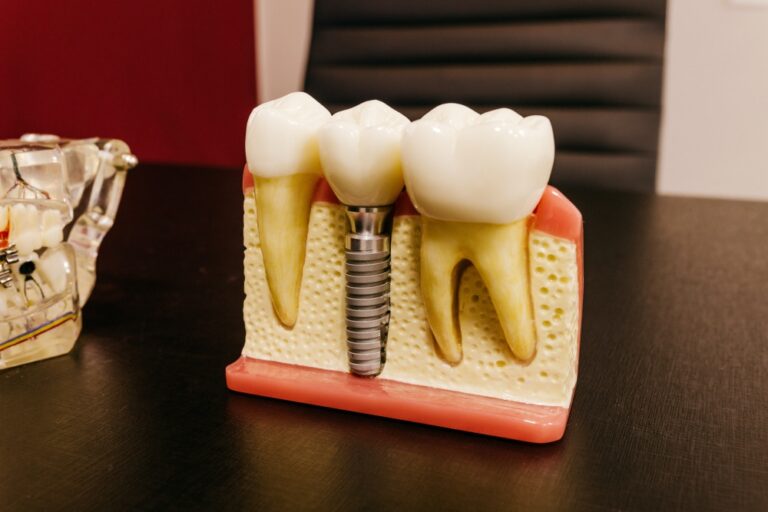Growing research shows the connection between oral and overall health
More and more research has emerged in the last 20 years explaining the impact oral health has on overall health. In a recent podcast, Dr. Chuck Reinertsen discussed this growing body of research and why it’s time for doctors and dentists to connect over patient health. Dr. Jesse Green, host of The Savvy Dentist, asked Dr. Chuck about bridging the gap between medical professionals and about oral-systemic health in this podcast episode.
A medical research paper published in the British Medical Journal shows that the bacteria in periodontal disease are causative for cardiovascular disease. That’s a big word – causative – according to Dr. Chuck. When you replace a heart valve, doctors wonder why it failed. Well, it’s full of bacteria – possibly, oral bacteria. When you look at blood clots removed from stroke or heart attack patients and analyze the blood, you’ll find bacteria.
One metaphor Dr. Chuck likes to repeat is “the mouth is the front door to the body.” If it’s the front door and the pathway to the body, then why don’t more medical professionals pay attention to it and how the mouth’s health impacts the rest of the body? This is why Dr. Chuck started The Dental Medical Convergence. He wants to bring doctors, dentists, and patients together to bridge the gap between dental and overall health. When a patient visits a doctor for an annual exam, why not take a look inside their mouth? Ask about their dental history. The patient’s dentist can send over the patient’s dental records so the doctor can find out if the patient has any oral infections, abscesses, or other conditions that could impact other parts of the body.
The American Academy for Oral Systemic Health is another great organization working to educate people about the link between oral health and overall health. Just consider this fact – nearly half of Americans over age 30 have some form of gum disease. People with gum disease are nearly twice as likely to suffer from cardiovascular disease.
Oral bacteria and gum disease are also linked to:
- Reproductive health
- Sleep-related breathing disorders
- Cancers
- Diabetes
- Brain health
- Cardiovascular disease
In addition to doctors asking patients about their dental health, Dr. Chuck believes dentists can incorporate more education during new patient exams. For example, when a patient is diagnosed with a tooth abscess or some other condition, the dentist should tell them the puss in their jaw is not staying in the jaw. It’s traveling to the arteries.
Dr. Chuck spent a little extra time during the podcast explaining that “the infection in your mouth isn’t staying in your mouth, it’s going wherever you have blood supply. That bacteria, that puss, that garbage right there, that’s going to your heart, it’s going to your brain, it’s going to your pancreas.”
Most patients mention they don’t feel pain from these infections. That doesn’t mean the infection isn’t harming your body. Other conditions that are painless at first include high blood pressure, diabetes, glaucoma, or cancer. It’s time to provide this information to patients. Dentists and doctors have the platform to do just that.




